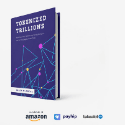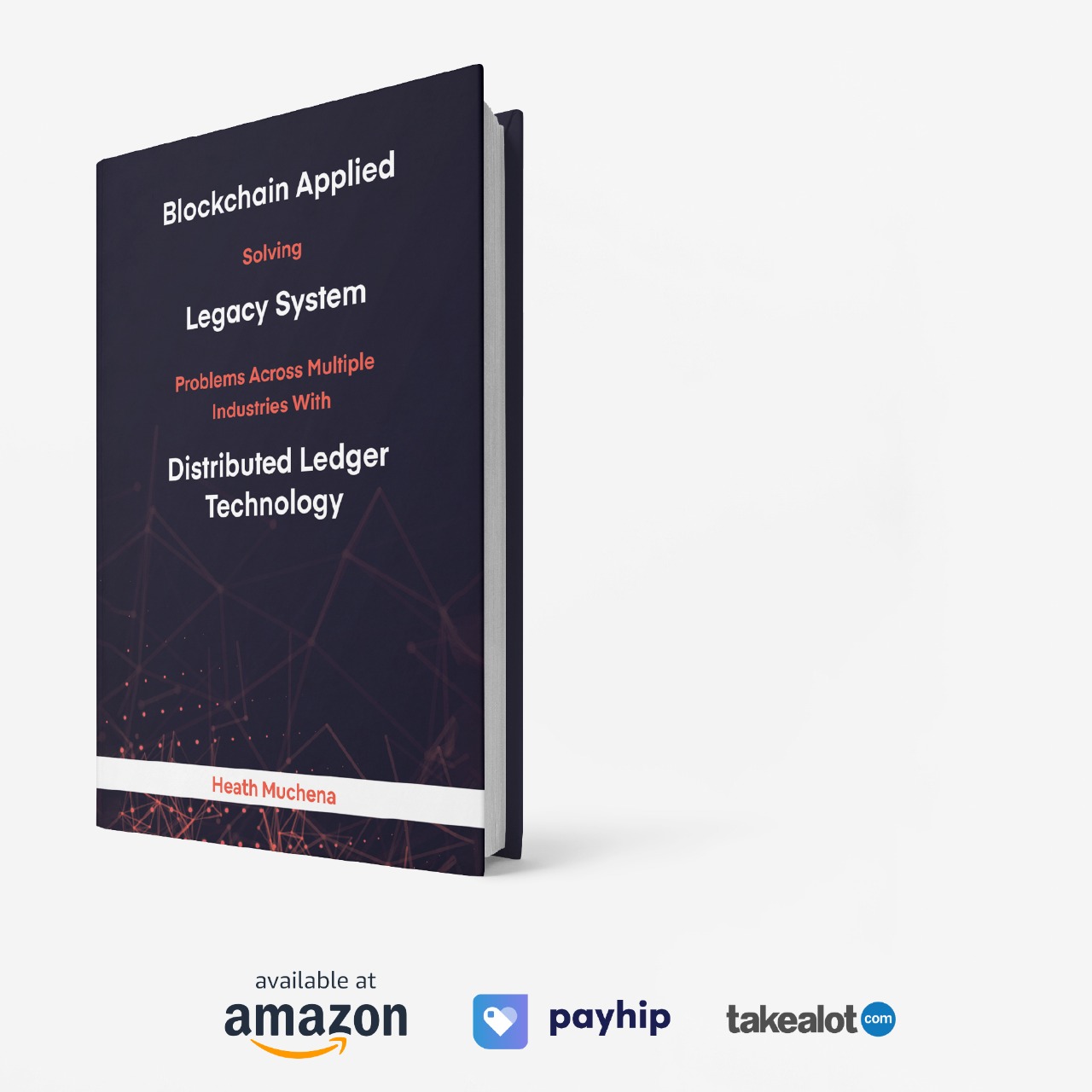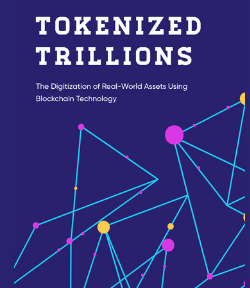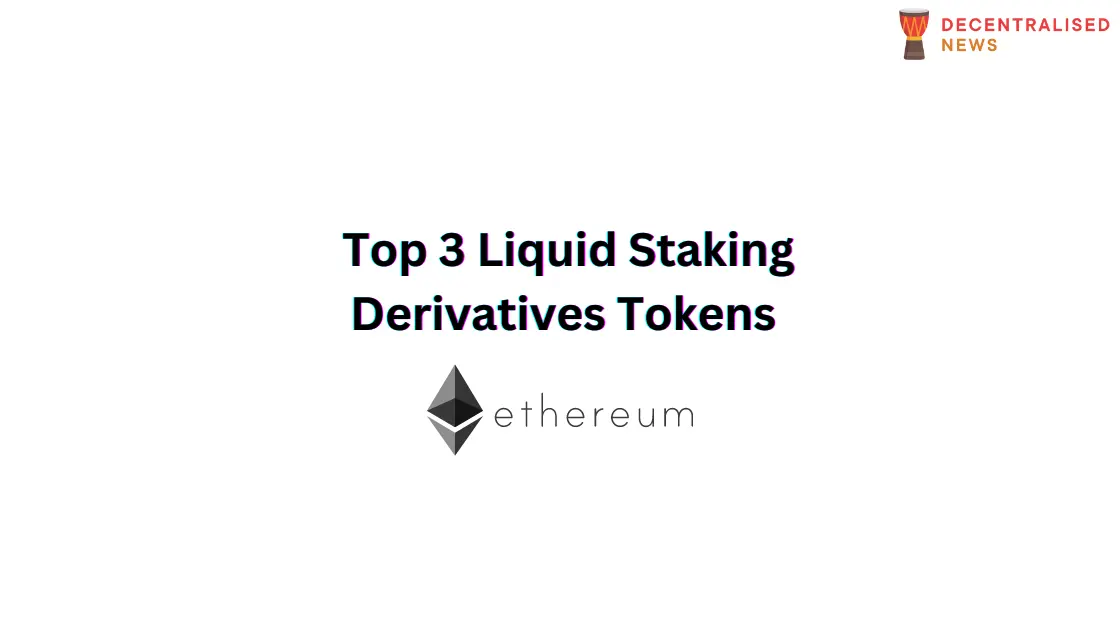
What are Liquid Staking Derivatives?
Liquid staking derivatives are financial instruments within the field of decentralized finance (DeFi) on blockchain networks, and they are used to represent staked tokens in a liquid form. These derivatives allow staked assets to be further utilized while still participating in the staking process and securing the network.
When a user stakes their tokens on a blockchain network, the tokens are locked and become illiquid. This means that while they’re staked, they can’t be transferred or used for other purposes. This is where liquid staking derivatives come in. When tokens are staked through a protocol that supports liquid staking derivatives, the staker receives a derivative token in return. This token represents the staked asset and can be traded or used in other DeFi protocols while the original tokens remain staked.
Liquid staking derivatives offer several advantages:
- Increased Liquidity: Even though the original tokens are staked, the staking derivative tokens can be freely traded or used in other DeFi applications.
- Increased Yield: By utilizing derivative tokens in other DeFi protocols, users can earn additional yield on top of the rewards from staking the original tokens.
- Reduced opportunity cost: Because the derivative tokens can be used while the original tokens are staked, users can participate in staking without missing out on other opportunities in the DeFi space.
However, it’s important to note that using liquid staking derivatives also involves risk. The protocols that issue these derivatives may have smart contract vulnerabilities, and if the protocol fails, users could lose their staked tokens. Moreover, some derivative tokens may have price fluctuations that do not perfectly match the underlying staked tokens, leading to potential impermanent loss. Therefore, like all DeFi activities, using liquid staking derivatives should be done with careful risk assessment.
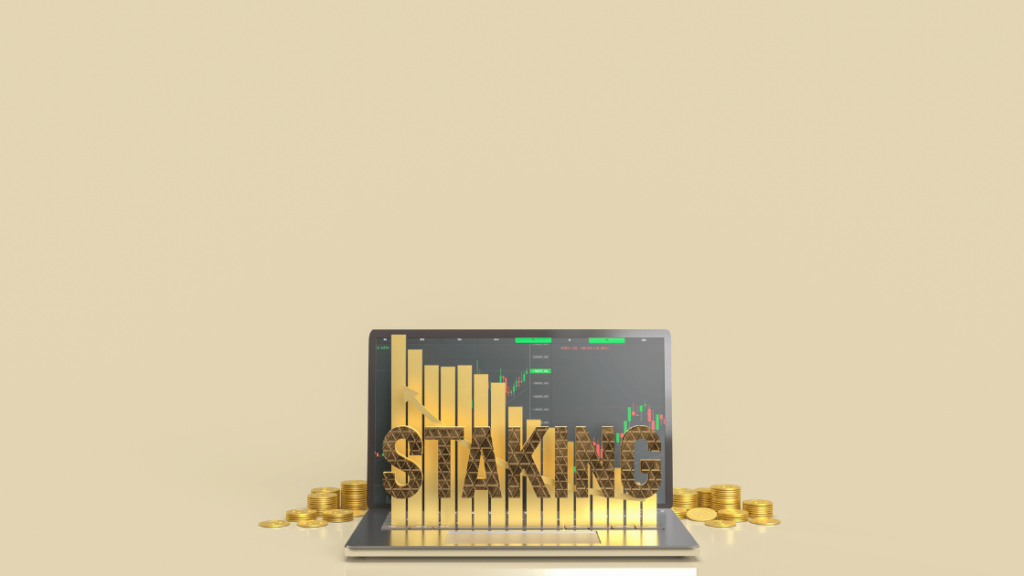
Lido DAO (LDO)
The Lido DAO, a Decentralised Autonomous Organisation, handles the administration of the liquid staking protocols. Its responsibilities include adjusting critical factors such as fees, appointing node operators and oracles, and more. The governance token (LDO) holders control these operations through their voting rights. Additionally, the DAO accrues service fees, which are used for activities like research, development, incentivizing liquidity mining, and improving the protocol.
The Lido DAO is tasked with several duties, such as formulating, implementing, updating, and controlling vital parameters of liquid staking protocols. They also offer incentives to parties contributing to the DAO’s objectives. Management of node operators, including the selection of initially approved node operators, scouting and assessing new ones, and penalizing existing operators violating chain rules, falls under the DAO’s jurisdiction. They also approve LEGO grants to aid various research initiatives and protocol guilds, handle payments to full-time contributors, manage bug bounty programs, and accumulate service fees from Lido. These fees can then be directed into insurance and development funds under the DAO’s control.
LDO tokens can be obtained on exchanges like Binance, Kraken, Bitfinex, KuCoin, and others.
RocketPool (RPL)
Rocket Pool is an innovative ETH Proof of Stake Protocol designed with the qualities of community ownership, decentralization, and trustlessness. Conceived in late 2016, Rocket Pool has seen over five successful public betas during ETH’s developmental phase.
Rocket Pool caters to two main user types; those who wish to partake in tokenized staking with as little as 0.01 ETH using rETH, and those desiring to stake ETH and run a network node to generate higher ROI due to earned commissions. Rocket Pool is the foundational protocol for decentralized and trustless Ethereum 2.0 staking. Its design encourages stakers of all capacities, allowing even the smallest staker (with as little as 0.01 ETH) to stake trustlessly to a network of decentralized node operators, backed by RPL collateral.
ETH staking in Rocket Pool can be performed by trading it for rETH, a token that accrues staking rewards over time based on the performance of the entire network of decentralized node operators. As a node operator in the protocol, one can stake 16 ETH, earn rewards fee-free on their stake, and get additional commissions and RPL rewards from the network, thereby achieving a higher ROI than solo node operating outside the protocol.
RPL tokens can be acquired on exchanges like Binance, KuCoin, Coinbase, Bitfinex, Kraken, and others.
Frax Finance Stablecoin Protocol (FXS)
The Frax Protocol generates unique, decentralized stablecoins and implements subprotocols to support them. Currently, it issues three stablecoins: FRAX, FPI, and frxETH, with three supporting subprotocols: Fraxlend, Fraxswap, and Fraxferry.
Key features of the unified Frax Finance ecosystem include three Stablecoins, with FRAX pegged to the USD, the Frax Price Index (FPI) stablecoin pegged to a consumer goods basket and creating its unit of account separate from any nation state denominated currency, and FraxEther (frxETH) pegged to ETH for use as a WETH alternative in smart contracts. Fraxswap is the first AMM used by the Frax Protocol for collateral rebalancing, mints/redemptions, stablecoin supply adjustment, and onchain liquidity deployment.
Fraxlend enables debt origination, non-custodial loans customization, and collateral assets onboarding to the Frax Finance economy. Fraxferry transfers Frax Protocol tokens across multiple blockchains. Frax Share (FXS) is the governance token of the entire Frax smart contracts ecosystem, accumulating fees, revenue, and excess collateral value.
The community can suggest new gauge rewards for strategies that involve Frax-based stablecoins. FXS emissions are fixed, halving each year, and fully directed towards different gauges based on veFXS staker votes.
FXS tokens can be traded on exchanges such as Binance, KuCoin, Uniswap, SushiSwap, Kraken, etc.
